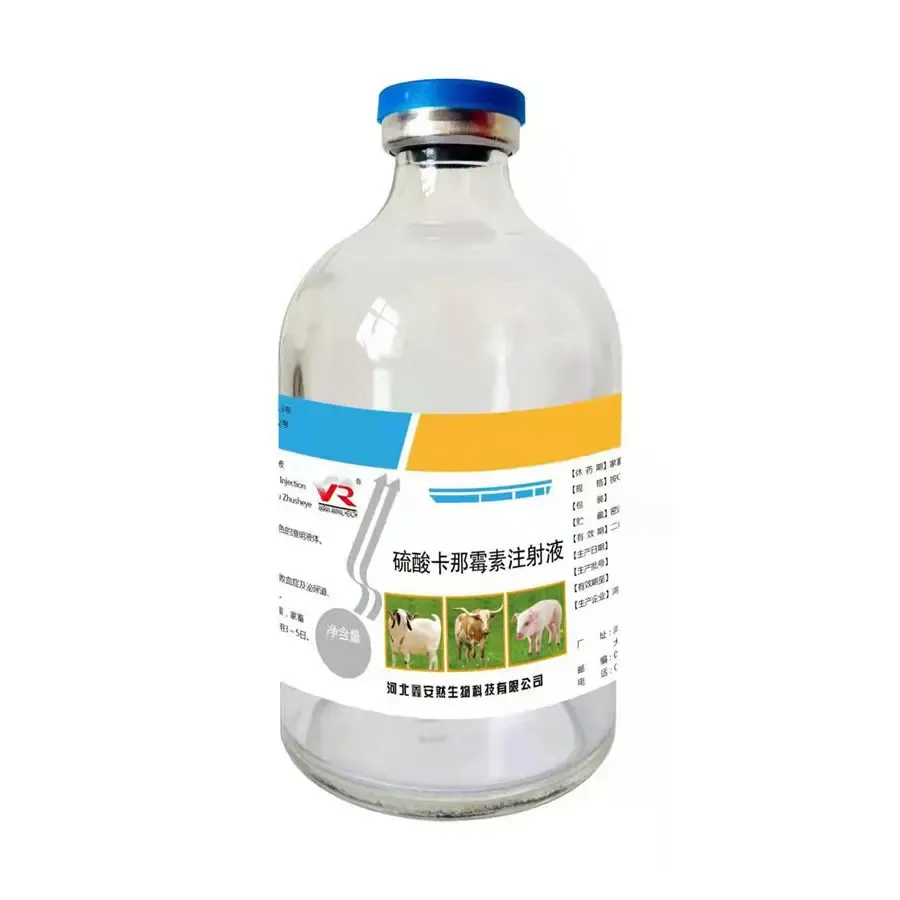- Afrikaans
- Albanian
- Amharic
- Arabic
- Armenian
- Azerbaijani
- Basque
- Belarusian
- Bengali
- Bosnian
- Bulgarian
- Catalan
- Cebuano
- Corsican
- Croatian
- Czech
- Danish
- Dutch
- English
- Esperanto
- Estonian
- Finnish
- French
- Frisian
- Galician
- Georgian
- German
- Greek
- Gujarati
- Haitian Creole
- hausa
- hawaiian
- Hebrew
- Hindi
- Miao
- Hungarian
- Icelandic
- igbo
- Indonesian
- irish
- Italian
- Japanese
- Javanese
- Kannada
- kazakh
- Khmer
- Rwandese
- Korean
- Kurdish
- Kyrgyz
- Lao
- Latin
- Latvian
- Lithuanian
- Luxembourgish
- Macedonian
- Malgashi
- Malay
- Malayalam
- Maltese
- Maori
- Marathi
- Mongolian
- Myanmar
- Nepali
- Norwegian
- Norwegian
- Occitan
- Pashto
- Persian
- Polish
- Portuguese
- Punjabi
- Romanian
- Russian
- Samoan
- Scottish Gaelic
- Serbian
- Sesotho
- Shona
- Sindhi
- Sinhala
- Slovak
- Slovenian
- Somali
- Spanish
- Sundanese
- Swahili
- Swedish
- Tagalog
- Tajik
- Tamil
- Tatar
- Telugu
- Thai
- Turkish
- Turkmen
- Ukrainian
- Urdu
- Uighur
- Uzbek
- Vietnamese
- Welsh
- Bantu
- Yiddish
- Yoruba
- Zulu
7 月 . 20, 2024 12:33 Back to list
Veterinary Applications and Efficacy of Ivermectin Injection in Animal Health Management
Understanding Ivermectin Veterinary Injection Uses and Safety
Ivermectin is a widely recognized antiparasitic agent that has proven effective in treating a variety of parasitic infections in both humans and animals. While the human application of ivermectin often garners attention, its veterinary counterpart, particularly the veterinary injection form, plays a critical role in maintaining animal health and welfare.
Ivermectin veterinary injection is predominantly used for the prevention and treatment of internal and external parasites in livestock and companion animals. This includes effective control against parasitic worms, such as nematodes, as well as ectoparasites like fleas, ticks, and mites. The broad-spectrum efficacy of ivermectin makes it an indispensable tool in veterinary medicine.
One of the key advantages of ivermectin is its ability to target a range of parasites through its mechanism of action. It works by binding to specific channels in the nerve and muscle cells of parasites, disrupting their normal function and ultimately leading to paralysis and death. This action is particularly effective against many common parasites that affect the overall health and productivity of animals.
In livestock, the use of ivermectin veterinary injection can significantly improve the well-being of animals and increase agricultural productivity
. For instance, in cattle, sheep, and swine, the reduction of parasitic loads leads to better growth rates, increased milk production, and improved feed efficiency. These benefits not only enhance animal health but also contribute to the economic viability of farming operations.ivermectin veterinary injection

However, the use of ivermectin is not without its challenges. Resistance to antiparasitic drugs is an increasing concern in the veterinary field. Over-reliance on ivermectin can lead to the development of resistant strains of parasites, making treatment less effective over time. Consequently, veterinary practitioners emphasize the importance of integrated parasite management strategies. These strategies may include rotation of different antiparasitic agents, using complementary treatments, and adopting good husbandry practices.
Safety is another paramount consideration when administering ivermectin veterinary injection. It is generally well-tolerated in animals, but there are instances where adverse reactions can occur, particularly in certain species or breeds. For example, ivermectin can be toxic to collies and other herding breeds due to their genetic predisposition to a defective blood-brain barrier. Therefore, it is crucial for veterinarians to carefully assess the individual animal's health and breed, as well as to adhere to prescribed dosages.
Another aspect to consider is the withholding period for animals treated with ivermectin. Depending on the species and the purpose (such as meat or milk production), there may be specific time frames during which treated animals should not be slaughtered or their products consumed to ensure that residual levels of ivermectin do not pose a risk to human health.
In conclusion, ivermectin veterinary injection is a vital component of parasitic control in veterinary medicine. Its effectiveness in treating various parasites helps safeguard animal health, enhance productivity, and improve overall welfare. However, responsible use, awareness of resistance issues, monitoring for potential adverse reactions, and adherence to safety guidelines are essential to maximize its benefits and minimize risks. As veterinary practices continue to evolve, ongoing research and education will play critical roles in ensuring the safe and effective use of ivermectin and other antiparasitic agents in animal husbandry.
-
The Power of Radix Isatidis Extract for Your Health and Wellness
NewsOct.29,2024
-
Neomycin Sulfate Soluble Powder: A Versatile Solution for Pet Health
NewsOct.29,2024
-
Lincomycin Hydrochloride Soluble Powder – The Essential Solution
NewsOct.29,2024
-
Garamycin Gentamicin Sulfate for Effective Infection Control
NewsOct.29,2024
-
Doxycycline Hyclate Soluble Powder: Your Antibiotic Needs
NewsOct.29,2024
-
Tilmicosin Premix: The Ultimate Solution for Poultry Health
NewsOct.29,2024













